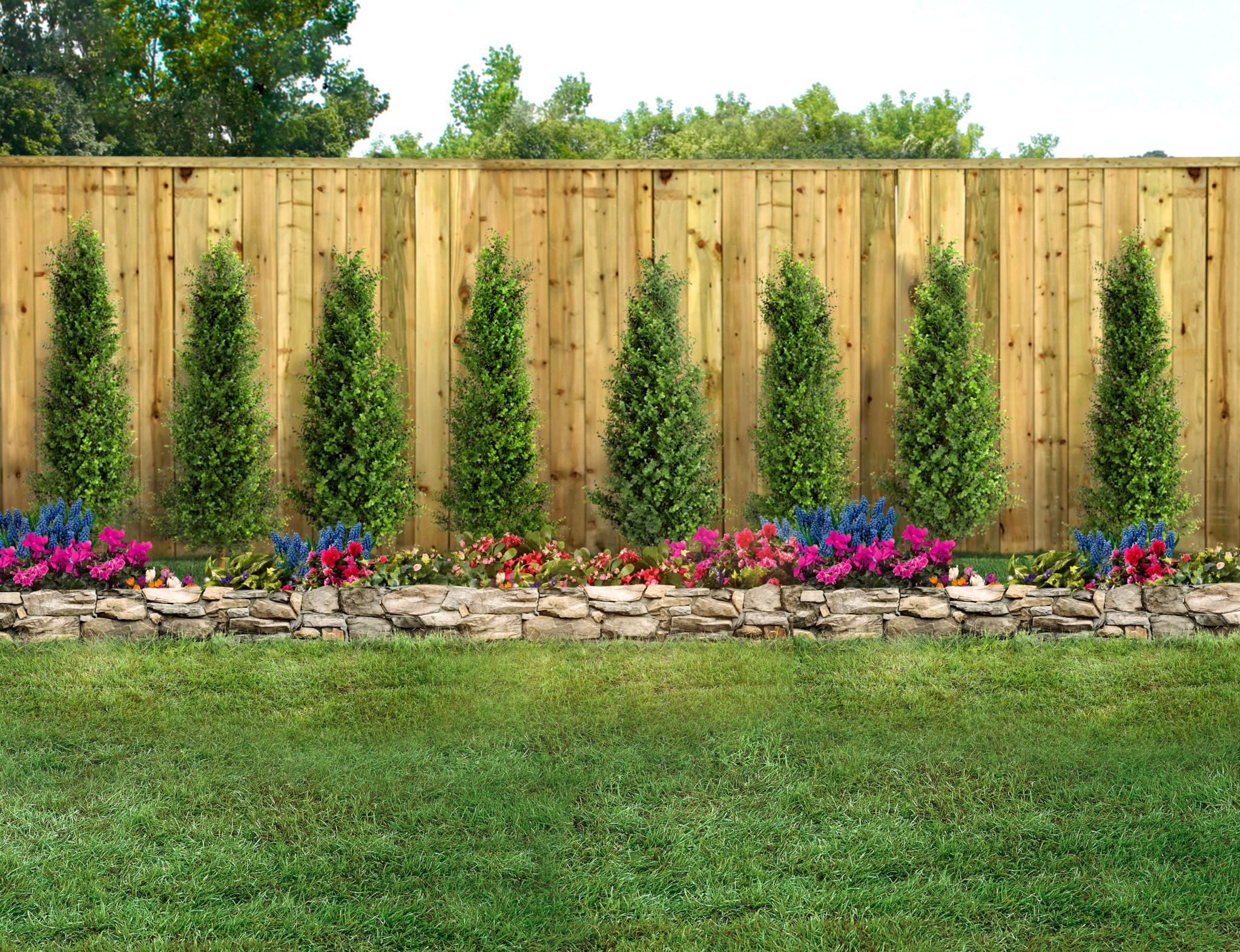How to Choose the Right Shed for Your Garden: Insights from Sheffield's Experts
Understanding Your Needs
When it comes to choosing the right shed for your garden, the first step is to understand your specific needs. Consider what you will primarily use the shed for. Is it primarily for storage, as a workshop, or perhaps a garden office? Determining the purpose will guide you in selecting the appropriate size and style.
Additionally, think about your garden's layout and how the shed will fit into that space. A larger garden might accommodate a more substantial shed, while a smaller garden might require a more compact solution.

Material Matters
Sheds come in various materials, each with its own advantages. The most common materials are wood, metal, and plastic. Wooden sheds offer a traditional aesthetic and can be customized easily with paint or stains. However, they require regular maintenance to prevent rot and insect damage.
Metal sheds are durable and often more secure, making them a good choice if security is a concern. They are also low maintenance but can be prone to rust if not properly treated. Plastic sheds, on the other hand, are lightweight and resistant to rot and pests, making them a low-maintenance option. However, they might not offer the same aesthetic appeal as wooden sheds.
Considering Size and Style
The size of your shed will largely depend on its intended use and the available space in your garden. Here are some tips to help you decide:
- Storage: A small or medium-sized shed should suffice for storing tools and garden equipment.
- Workshop: Opt for a larger shed with enough space for workbenches and movement.
- Garden Office: Ensure the shed is spacious enough for office furniture and good insulation.

Location and Accessibility
The placement of your shed is crucial for accessibility and convenience. Consider placing it in a location that is easy to reach from your house. Also, think about the shed's orientation - having windows facing east or south can maximize natural light, which is particularly beneficial if you're using the shed as a workspace.
Ensure there is sufficient room around the shed for maintenance tasks such as cleaning or repairs. This will also prevent any potential water damage from poor drainage.
Security Features
If you’re storing valuable items in your shed, security should be a priority. Look for sheds with robust locking mechanisms and consider additional security measures such as alarm systems or motion-sensor lighting.

Budget Considerations
Your budget will naturally influence your choice of shed. While it might be tempting to choose the least expensive option, it's important to consider the long-term value. Investing in a durable, well-constructed shed can save money on repairs and replacements down the line.
Additionally, factor in any extra costs such as installation, foundation preparation, and any desired additional features like shelving or electrical wiring.
Expert Advice and Local Regulations
Before making a final decision, it’s advisable to consult with local experts or visit local showrooms in Sheffield to see various options firsthand. Experts can provide valuable insights based on your specific needs and the local climate conditions.
Moreover, check with local authorities regarding any necessary permits or regulations that might affect your shed installation. Compliance with local building codes ensures a smooth setup process.

Conclusion
Choosing the right shed involves several considerations, from understanding your needs to evaluating materials and securing proper permits. By following these expert insights from Sheffield's garden specialists, you can select a shed that not only meets your functional requirements but also enhances your outdoor space's aesthetic appeal.